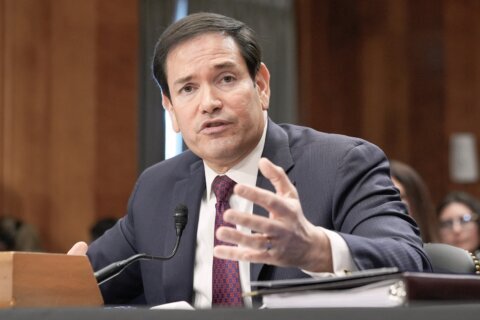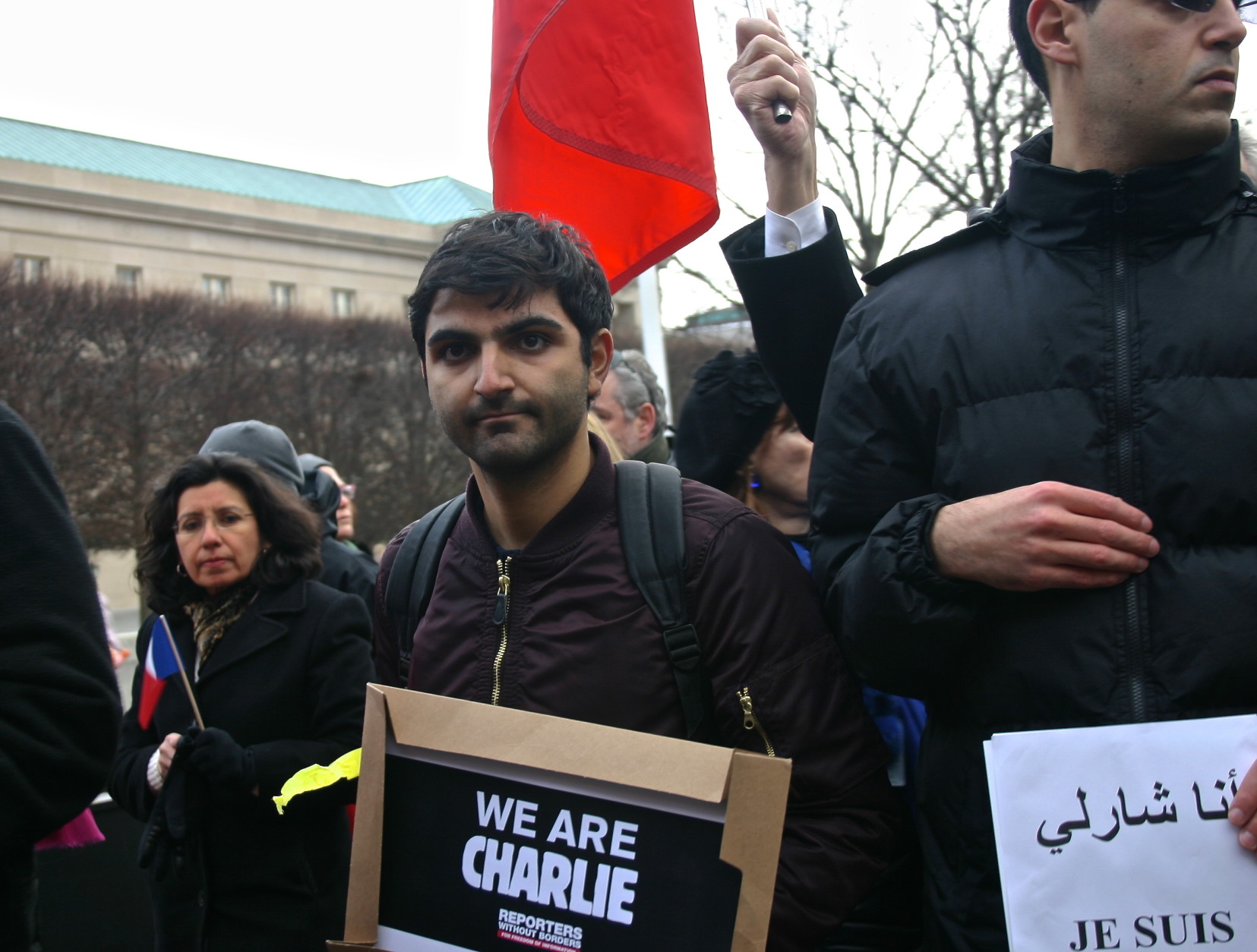
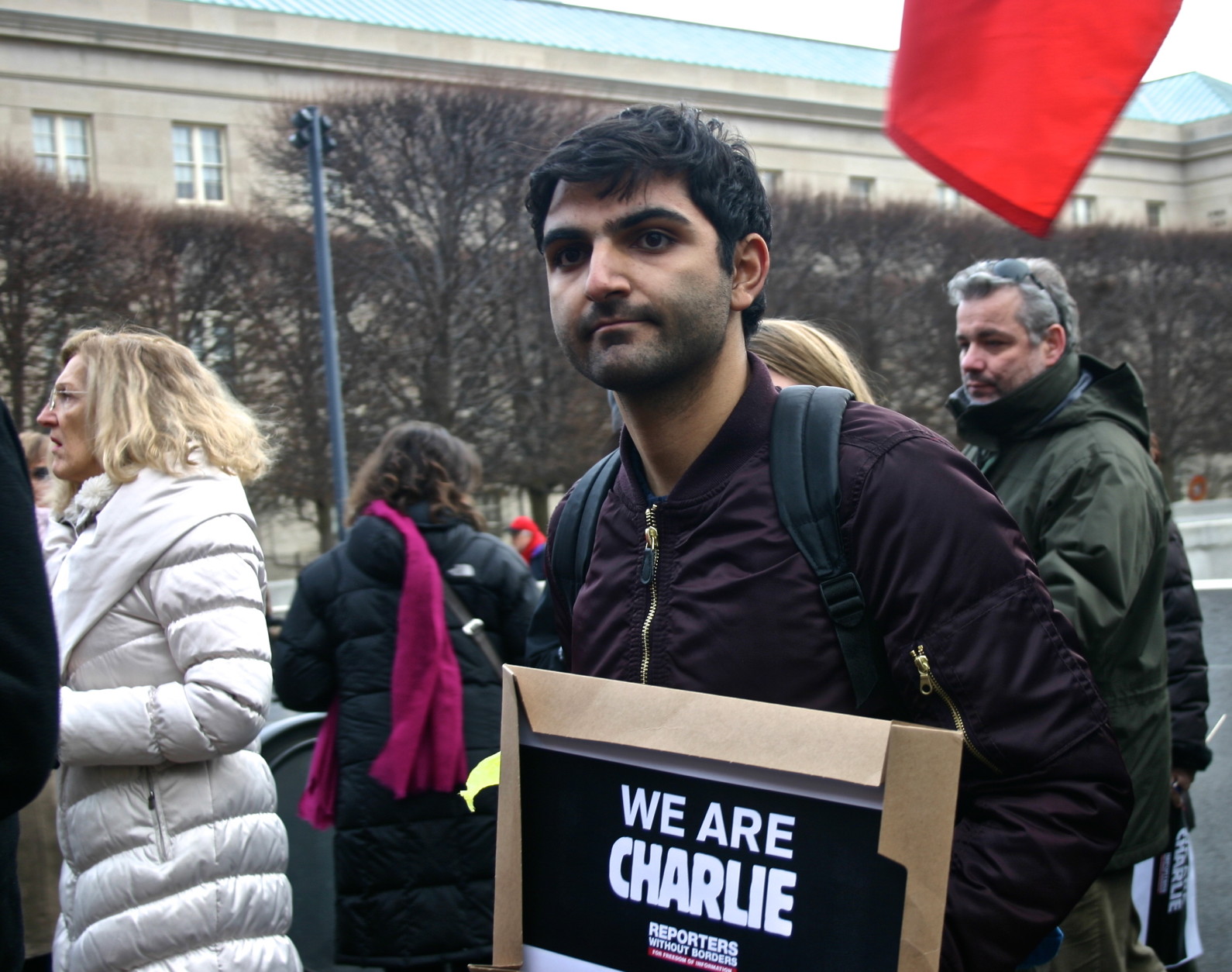
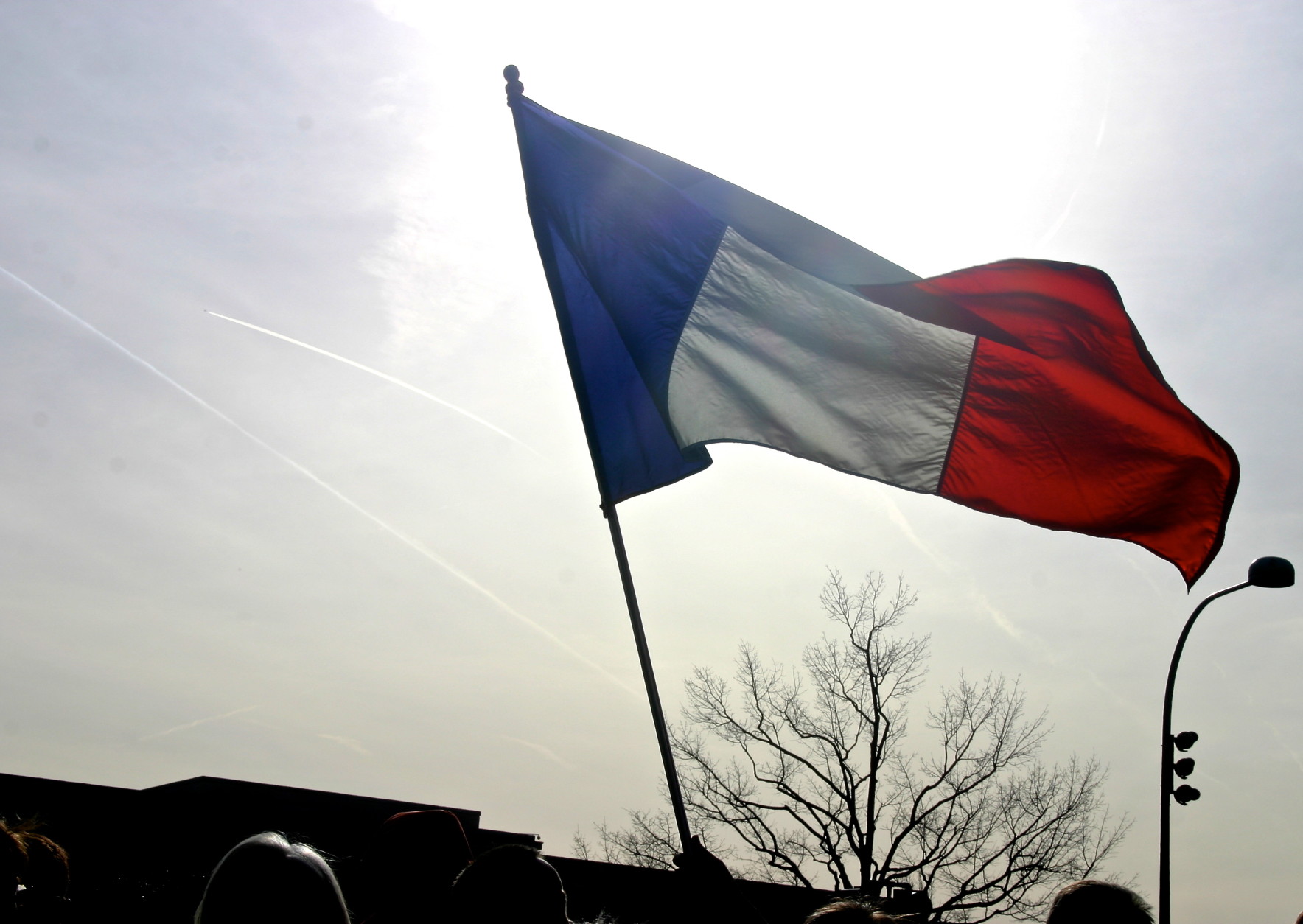
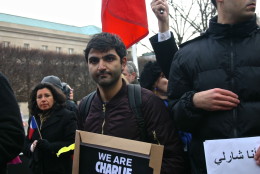
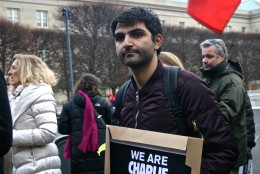
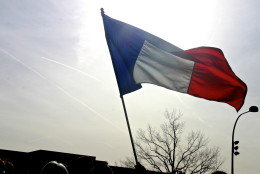
WASHINGTON– It was surreal. Terrifying and surreal. Those are the words that fit what happened in Paris on Friday night.
One moment 21 year old Parisian student Jad Zahab, was in a theatre, spending the evening watching manufactured movie mayhem in the latest James Bond movie.
Then, the Twitter account on his phone erupted with messages about the carnage going on just 5 kilometers away in the Bataclan concert hall. Terrorists were picking off helpless audience members with gunfire and deploying explosives. By the time Zahab got out of the movie theater and onto the street, there were no cabs available, and the streets were emptying.
“In Paris on Friday nights, people are on the streets. There are people walking, people having fun, people drinking,” Zahab says. But this Friday night, as police sped to the six sites of carnage throughout Paris and residents hunkered down for safety, he said “There was nobody left on the streets–that was really, really frightening.”
Zahab had friends who were attending the Eagles of Death Metal concert at the Bataclan, the concert hall where so many of the victims of the terrorist attacks were killed. “They thought the shots were part of the show, and then they realized it was not the show—it was an attack.” Zahab says through Twitter posts and texts, he was able to learn that his friends escaped. “They had to walk between dead bodies,” he explained, trying to grasp the horror of the scene. “You never can put in your mind that such a thing is possible.”
Zahab, a student at the Paris Institute of Political Studies, was an intern in Washington, D.C. in the first part of 2015 when the terrorist attacks on the offices of Charlie Hebdo and a Jewish market were carried out in January. Back then, as he took part in a silent protest led by Gerard Arnaud, the French Ambassador to the United States, he told WTOP that it was hard to be so far away when his homeland was attacked.
This time, being so close to such a massive assault has been more jarring. One of the more disturbing aspects of the latest attack, says Zahab, is the choice of target: young people in Parisian neighborhoods known for their diversity as well as their night life. Zahab says, “What was targeted by terrorists was not politicians or journalists, but the French way of life.”
Zahab says as the impact of what has happened sinks in, he’s hopeful that the openness of French society won’t give way to fear. He understands the inclination to see people differently, that Parisians might ask themselves when seeing strangers in their communities: “Is this person a terrorist?”
Referring to ISIS by the name used in the Arab world—DAESH—Zahab says, “I hope people are not going to make the link—which is a false link–between DAESH, which is an extremist and Islamist party, and moderate Muslims.”
The global outpouring of support has been comforting, says Zahab. “I was really proud of the fact that our oldest ally—the United States of America—had immediately answered to what’s happening in France.” Zahab agreed with President Obama’s assessment as to the nature of the attacks. “He expressed his solidarity and said it’s not France that was targeted,” but all of humanity. Sounding a hopeful note, Zahab says, “If all the countries face their problems together, maybe– I hope we will be able to find a solution.”


